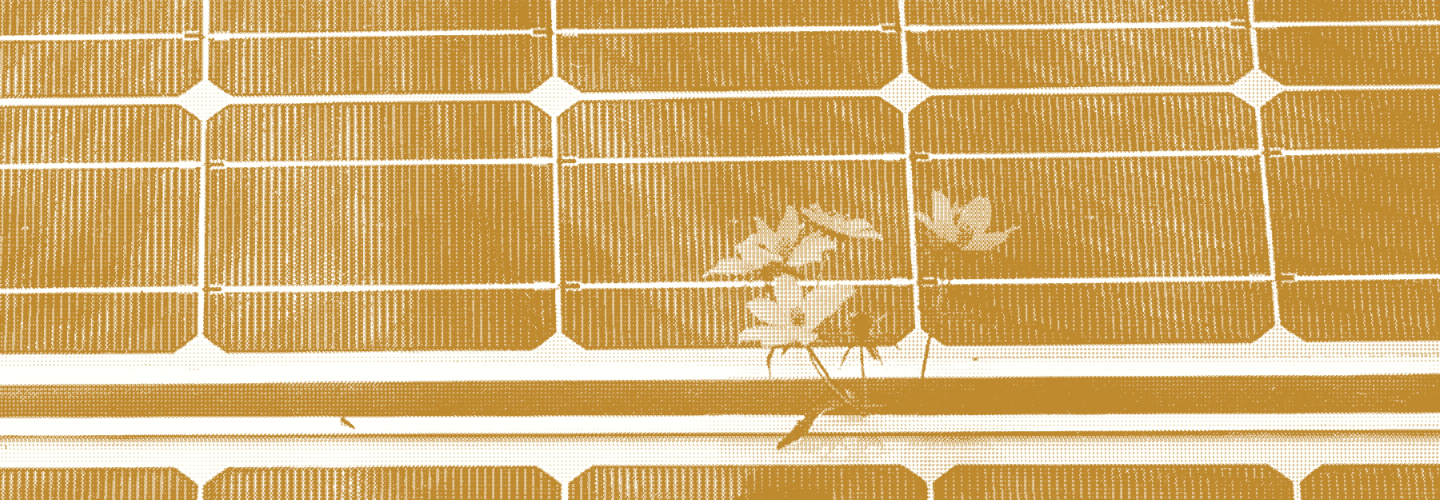This is how solar energy is promoted
To read the full article in Spanish, click here.
Translation:
According to the latest report from the International Energy Agency on the development of photovoltaic energy in the world, Spain is the seventh country in the world in installed photovoltaic power (26.6 GW). If we look at Latin America, Brazil is the most dynamic market, with 9.9 GW installed in 2022, followed by Chile, which installed around 1.8 GW, and Mexico, with 680 MW.
Data on the participation of solar energy in the national electricity mix of the countries show that among the three with the highest photovoltaic penetration are Spain (with more than 19%) and Chile, with more than 17% (like Greece). Photovoltaic energy currently covers 6.2% of the world’s electricity demand.
Beyond government regulations or the initiatives of the sector itself, the presence of social organizations that promote the use of renewable energies can play a significant role in progress towards energy sustainability.
The organizations analyzed (Carolina Land and Lakes, Acadia Center and Energy Trust of Oregon) promote renewable energies from a specialized, technological, educational and goal-oriented approach.
Unlike business associations, these entities consider all clean technologies, competing or not, since their sole purpose is to advance the social change they defend. Its financing and governance are also diverse, with little or no representation from the business community.
We verify that these organizations are not only a source of inspiration for companies in the sector. They also favor the development of the entrepreneurial ecosystem by providing legitimacy, clarifying supply and generating demand. In this sense, new actors have in them an ally that can help them innovate where it is most needed.
Acadia Center, for example, publishes data on the positive impact of renewables on job creation and economic growth. It also designs market strategies for renewables and proposes policies to implement them.
In busy sectors, at a point of growth there is usually a decline because entrepreneurs encounter very high barriers to entry (technological, cost, customer loyalty). Our research shows that, even when a sector begins to mature and competition increases, social organizations mitigate these unfavorable conditions by generating more support among public opinion and administrations and, therefore, more demand.
Campaigns for state governments to subsidize the installation of solar panels are one of the instruments that facilitate the entry of specialized actors. It also succeeds in offering consumers information about smaller suppliers.



















